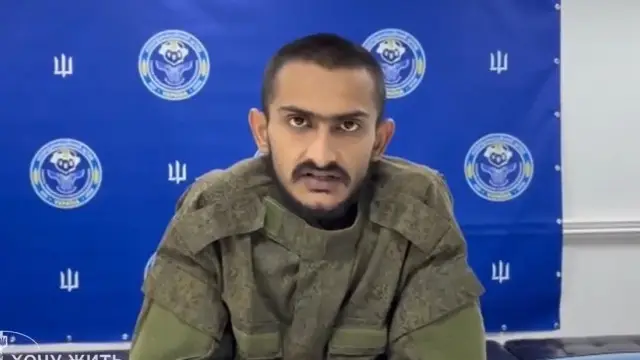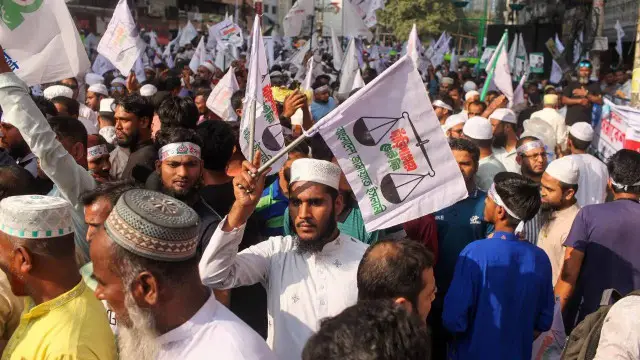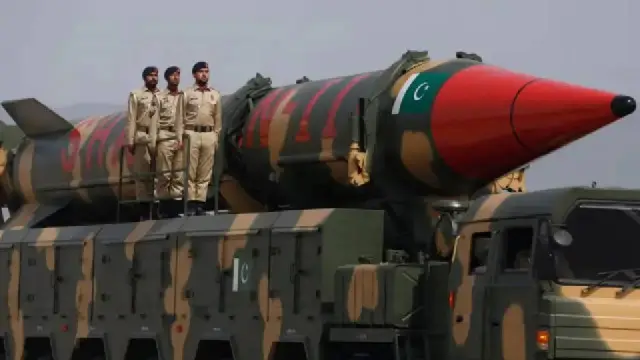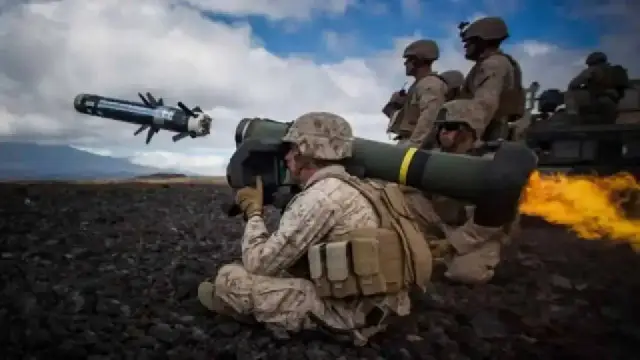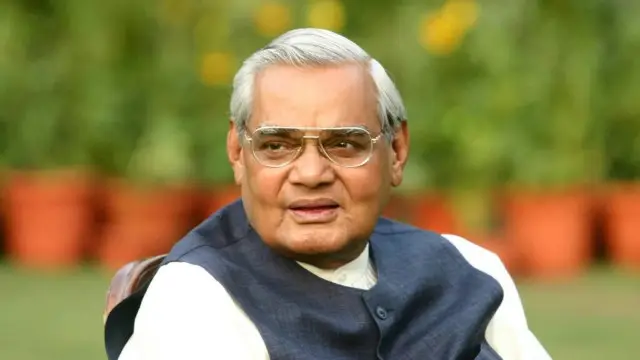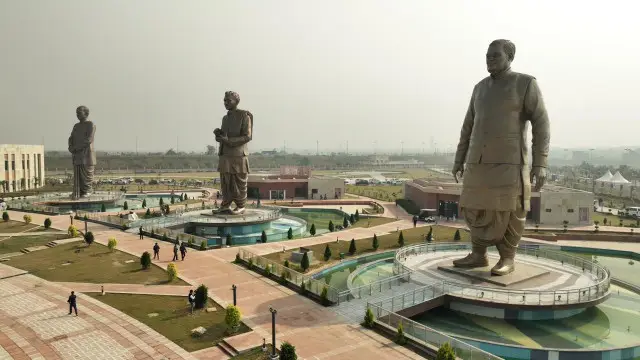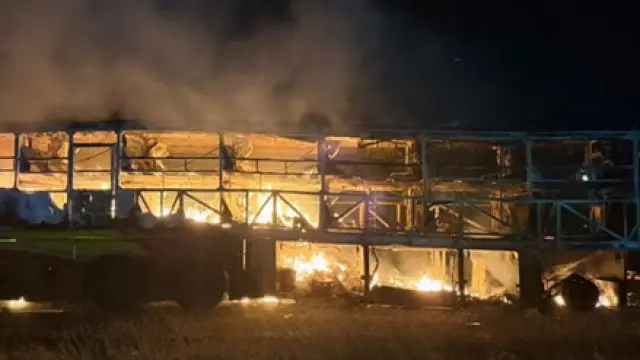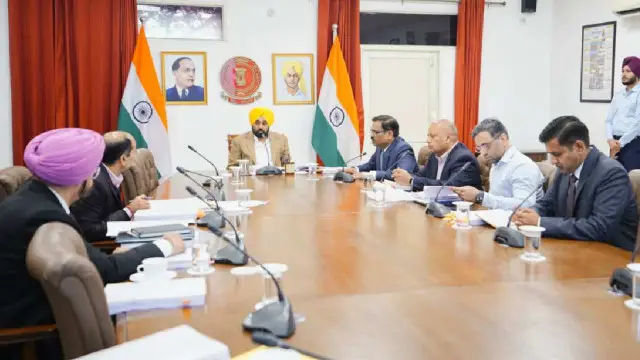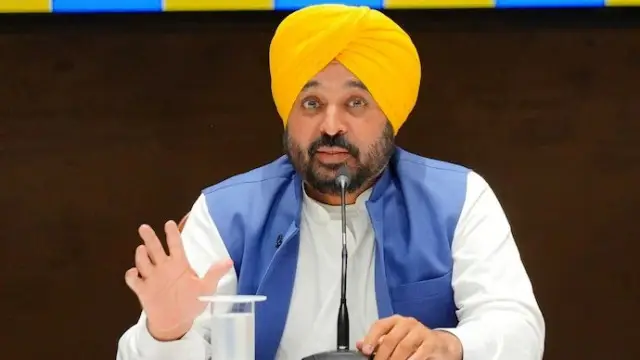Israel to Persist with Gaza offensive despite global criticism, Netanyahu affirms
According to Israeli counts, in the Oct. 7 raid, Hamas fighters killed 1,200 people and took 253 captives, setting off a huge assault on Gaza.

Israel's Prime Minister Benjamin Netanyahu has declared his intention to continue the ongoing offensive in Gaza, despite mounting international criticism and calls for a ceasefire. The conflict, which has escalated in recent days, has sparked widespread concern and condemnation from various countries and organizations around the world.
Netanyahu's Firm Stand
In a televised address on Tuesday, Netanyahu reiterated Israel's commitment to ensuring the security of its citizens and defended the military operation in Gaza as a necessary response to rocket attacks by Hamas, the militant group controlling the Gaza Strip.
"The operation will continue as long as necessary to restore calm and security to the people of Israel," Netanyahu affirmed, dismissing international pressure for an immediate cessation of hostilities.
Global Criticism and Calls for De-escalation
The offensive, which began after Hamas launched rockets towards Jerusalem, has resulted in a significant loss of life on both sides. The United Nations, European Union, and several countries, including the United States, have called for an end to the violence and urged all parties to exercise restraint.
However, Netanyahu's government has rebuffed these calls, asserting Israel's right to defend itself against Hamas aggression. The Israeli military has conducted airstrikes targeting Hamas infrastructure and leadership, while Hamas continues to fire rockets indiscriminately into Israeli territory.
Humanitarian Concerns and Civilian Casualties
Amid the intensifying conflict, there are growing concerns about the humanitarian situation in Gaza, where millions of civilians are caught in the crossfire. The destruction of vital infrastructure, including hospitals and schools, has exacerbated the suffering of the Palestinian population, leading to calls for immediate humanitarian assistance and access for aid agencies.
The international community has condemned the loss of civilian lives and called for measures to protect non-combatants and civilian infrastructure. The United Nations has urged both sides to adhere to international humanitarian law and take all necessary precautions to avoid civilian casualties.
Efforts for Diplomatic Resolution
Despite the escalation of violence, diplomatic efforts to broker a ceasefire and de-escalate tensions are ongoing. Egypt and other regional actors have been engaged in mediation efforts to reach a sustainable ceasefire agreement and facilitate dialogue between Israel and Hamas.
The United States, under President Joe Biden, has reaffirmed its support for Israel's right to self-defense while also advocating for a swift end to the hostilities and a return to negotiations for a two-state solution.
Looking Ahead
As the conflict continues with no immediate end in sight, the humanitarian crisis in Gaza deepens, and the toll on civilians on both sides mounts. The international community remains divided on how to resolve the longstanding Israeli-Palestinian conflict, with calls for renewed peace talks and a commitment to addressing the root causes of the violence.
In the midst of these challenges, Netanyahu's determination to persist with the Gaza offensive reflects the complex and entrenched nature of the conflict, highlighting the difficult path towards a sustainable peace in the region.




